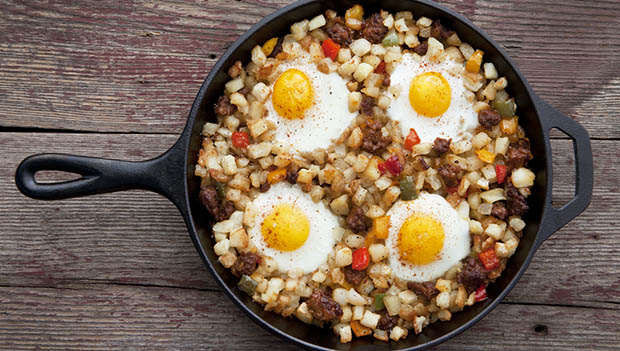
Athletes know the importance of eating a diet that supports their performance goals. This diet will vary depending on your specific sport, body composition, training duration and intensity, goals and dietary preference. Yet the concept of "eating fit" is generally the same from everyday athlete to serious professional; the need to eat simple, whole foods that provide high nutrient density.
Eating simple food is helpful because it focuses on the basics without overcomplicating meals. Keeping it simple helps athletes who are busy and always on the go yet still in need of fast and nourishing meals. It also helps reduce the stress associated with thinking about what to eat and reduces the chance of ingesting something that will cause gastric trouble. Relying on eating whole foods is a key part of an athlete's diet outside of training.
Training might require sugary sport foods to get the energy boost needed, but outside of these sessions, athletes need to get away from the supplemental food products. Consuming foods in their whole, natural state (think an apple over apple sauce) boosts the feeling of fullness and provides nutrition (macros, vitamins, minerals and phytonutrients) that a physically stressed body requires to maintain body composition, boost energy, improve strength, enhance immunity and recover well.
Beyond the type of foods consumed, a fit diet focuses on structure and balance. Each meal should include the balance of a complex carbohydrate, healthful fat and protein source. Doing this keeps energy and satiety levels high from meal to meal. Most energy should be consumed in the early part of the day to provide the body with energy when it needs it. Front loading the day with a larger breakfast and lunch also limits cravings later on when temptation is high and activity levels are typically lower.
Here are three examples of what a fit focused day of eating looks like.
Day One
Breakfast
- Water with electrolyte tablet
- Black coffee
- Oatmeal with a tablespoon almond butter and cinnamon
- Plain Greek yogurt with cantaloupe
Snack
- Two hard boiled eggs
- Apple
Lunch
- Olive oil & balsamic dressed green salad
- Lentil and vegetable soup
Dinner
- Baked sweet potato
- Grass fed steak
- Broccoli with ghee
Day Two
Breakfast
- Water with electrolyte tablet
- Almond milk latte
- Root vegetable hash with two eggs and two slices uncured bacon
- Fruit
Lunch
- Turkey sandwich on whole grain bread
- Apple
- Raw vegetables with hummus
Dinner
- Salmon
- Brown rice
- Peppers, onions, zucchini sautéed in coconut oil and spices
Snack
- Air popped/lightly seasoned popcorn
Day Three
Breakfast
- Water with electrolyte tablet
- Black coffee
- Tofu scramble with sweet potato and spinach
Snack
- Smoothie of almond milk, almond butter, berries, pea protein
Lunch
- Tempeh tacos on corn tortillas with avocado, salsa
- Vinegar dressed cabbage slaw
Dinner
- Chickpea based pasta
- Chunky tomato and eggplant stew
In addition to a fit-focused daily diet, athletes might need to add in more calories with carbohydrates during workouts and recovery shakes afterwards to fuel their performances. If your struggling to dial in a solid daily diet that is in line with your goals, contact a sports dietitian to work out an individualized plan and approach.
READ THIS NEXT: Is a High Fat Diet the Best for Endurance Athletes?
About the Author
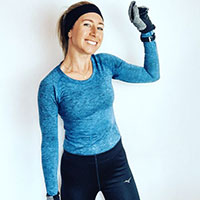
Get ACTIVE on the Go


Couch to 5K®
The best way to get new runners off the couch and across the finish line of their first 5K.
Available for iOS | Android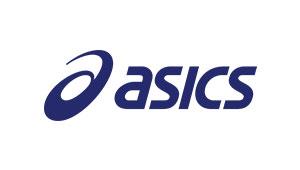
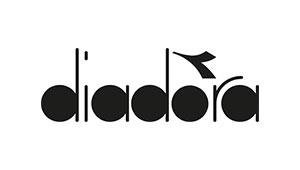
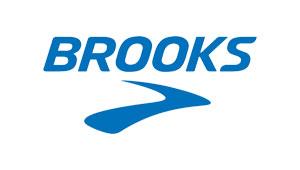
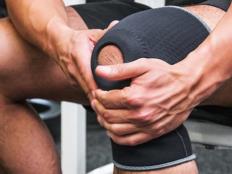
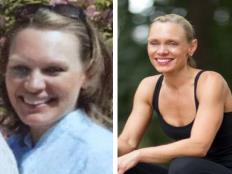


Discuss This Article